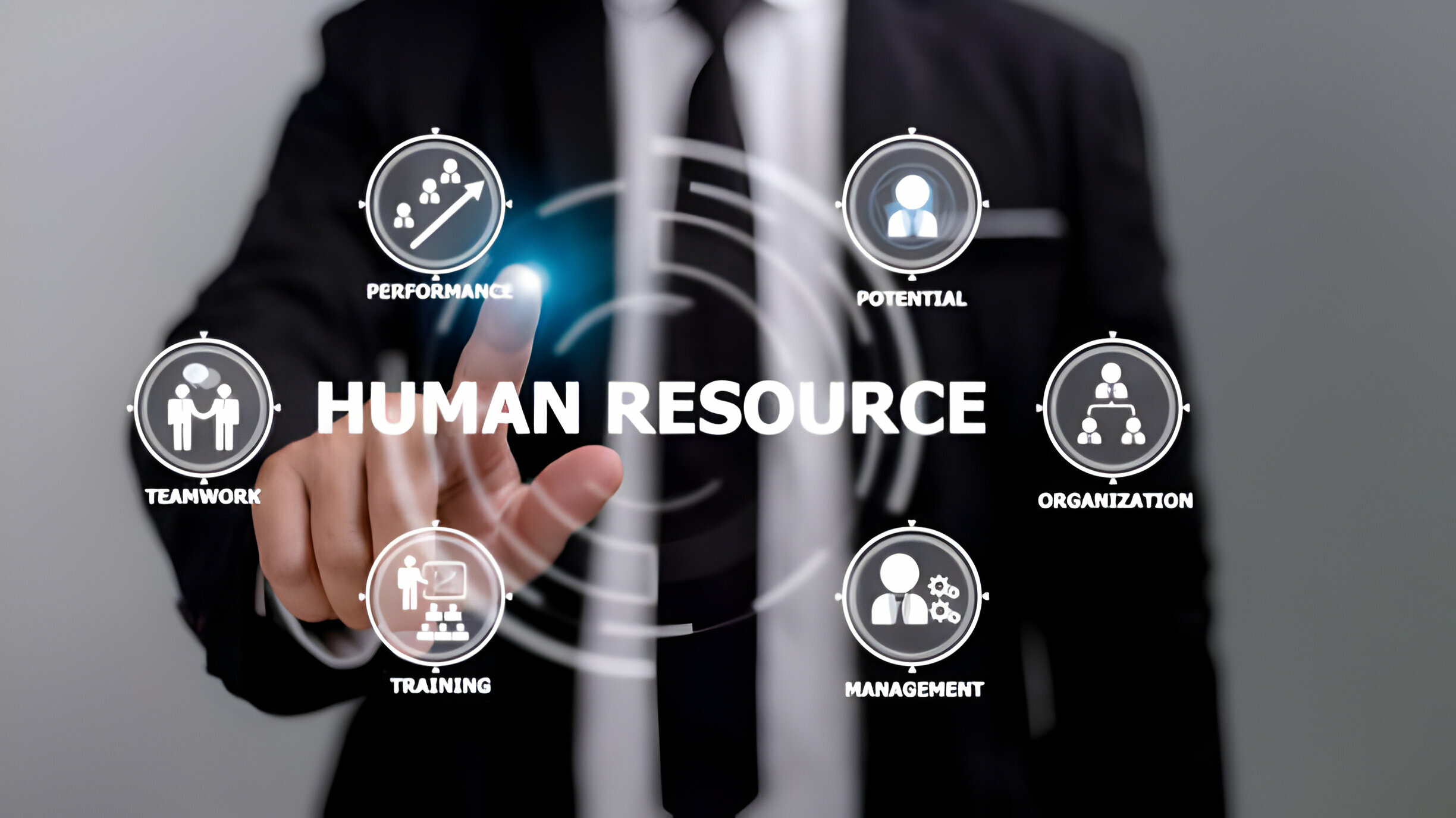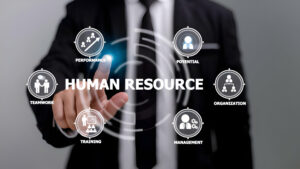In the ever-evolving landscape of business, the role of Human Resources (HR) has transcended from a traditional administrative function to a strategic powerhouse driving organizational success. Modern organizations recognize the pivotal impact HR practices have on employee engagement, productivity, and overall business performance. Let’s delve into the transformative power of HR and how it impacts the modern workplace.
Strategic Talent Management:
HR is at the forefront of attracting, retaining, and developing top talent. In today’s competitive market, skilled employees are the most valuable asset for organizations. HR professionals leverage innovative recruitment strategies, employer branding initiatives, and talent development programs to ensure a steady pipeline of skilled individuals who align with the company’s culture and objectives.
Employee Experience Enhancement:
Creating a positive employee experience is paramount for organizational success. HR plays a crucial role in fostering a culture of trust, inclusivity, and well-being. From onboarding to offboarding, HR initiatives focus on enhancing employee satisfaction, engagement, and overall workplace happiness. This includes implementing flexible work arrangements, wellness programs, and continuous feedback mechanisms.
Adoption of Technology and Analytics:
The digital revolution has revolutionized HR practices, enabling data-driven decision-making and automation of routine tasks. HR professionals leverage advanced analytics tools to gain insights into workforce trends, performance metrics, and predictive analytics for future planning. Moreover, the adoption of HR software systems streamlines processes such as payroll management, performance evaluations, and employee self-service, improving efficiency and accuracy.
Cultivating a Culture of Learning and Development:
In the age of rapid technological advancements and dynamic market changes, continuous learning is essential for employee growth and organizational agility. HR spearheads learning and development initiatives, including training programs, skill assessments, and career development pathways. By investing in employee growth, organizations cultivate a culture of innovation, adaptability, and resilience.
Change Management and Organizational Agility:
In today’s volatile business environment, change is inevitable. HR professionals act as change agents, facilitating seamless transitions during organizational restructuring, mergers, or digital transformations. By promoting open communication, stakeholder engagement, and change readiness, HR ensures that employees embrace change positively and contribute to organizational agility and resilience.
Compliance and Risk Management:
With increasing regulatory complexities and global workforce dynamics, compliance with labor laws, data privacy regulations, and diversity mandates is a top priority for organizations. HR professionals play a pivotal role in ensuring legal compliance, mitigating risks, and fostering a culture of ethical conduct and corporate social responsibility.
Conclusion:
The impact of HR in modern organizations is profound and multifaceted. Beyond traditional administrative functions, HR drives strategic initiatives that empower employees, optimize organizational performance, and foster a culture of innovation and inclusivity. By embracing the transformative power of HR, organizations can navigate challenges, seize opportunities, and thrive in an ever-changing business landscape.








